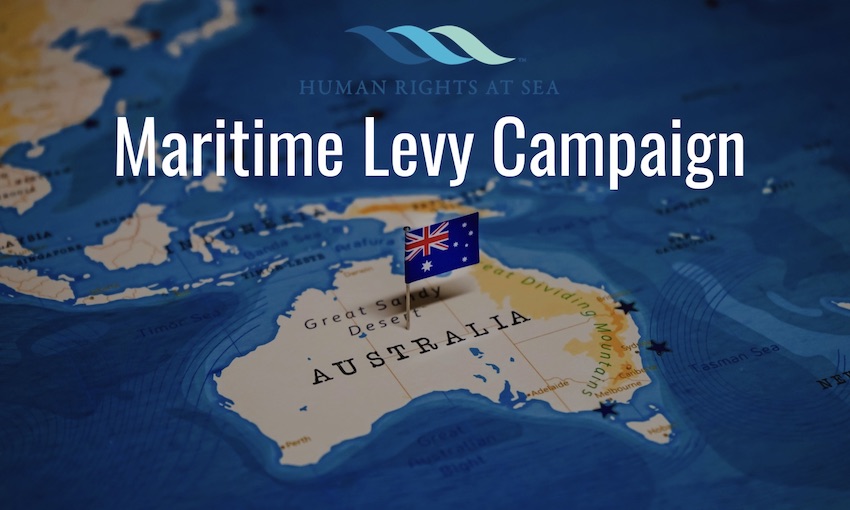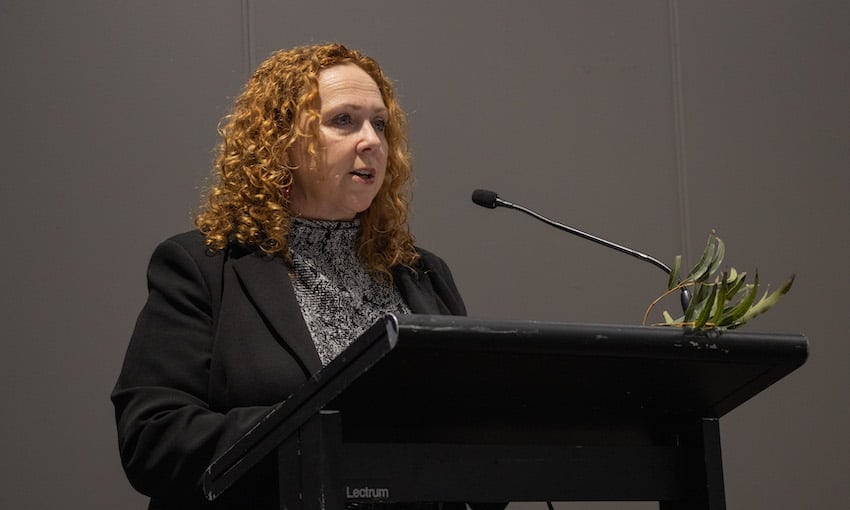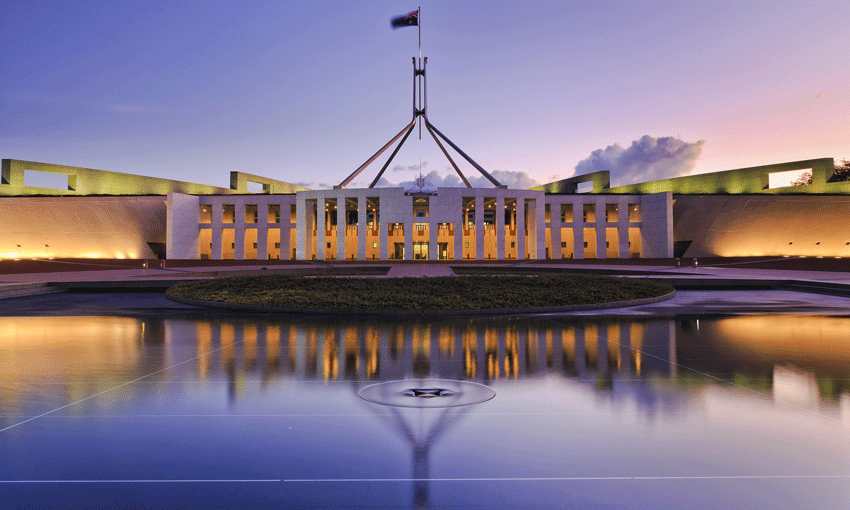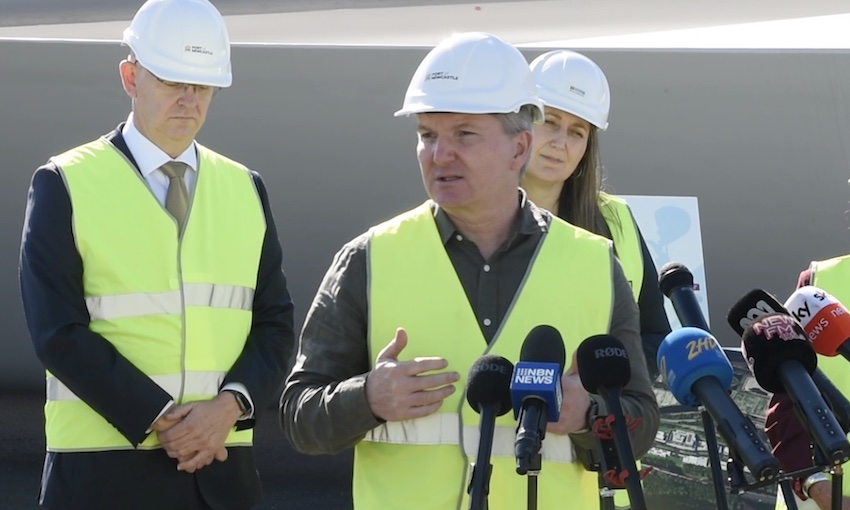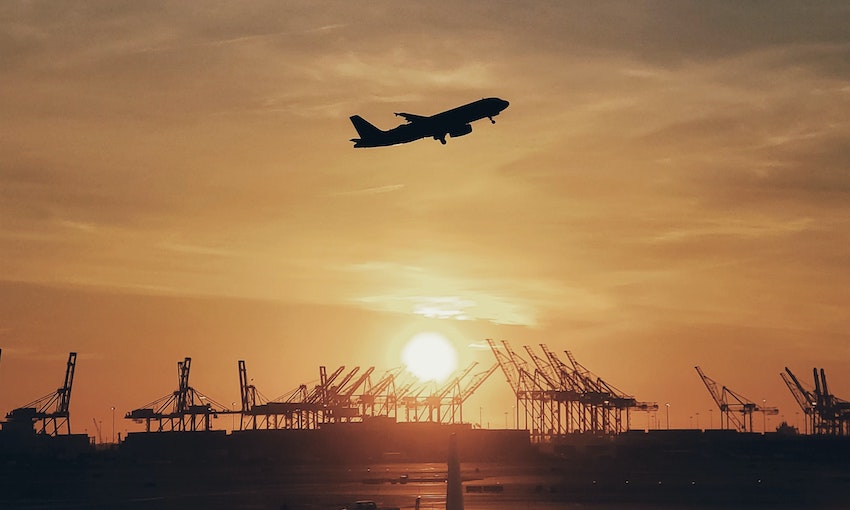NON-PROFIT group Human Rights at Sea (HRAS) has, in recent months, been pursuing its Maritime Levy Campaign in Australia. The campaign follows recent success in New Zealand updating national legislation for all seafarer welfare centres to be sustainably funded through a dedicated maritime levy contribution.
Work to date has included outreach to ministers and MPs at state and federal level requesting a specific focus on this issue. It has further included having the topic placed on influential stakeholders’ agendas for board discussion and subsequent action.
HRAS has provided recipients with papers highlighting the precedent, process, and outcome of the changes in the New Zealand 1994 Maritime Transport Act as of 1 July 2021 as both a legal precedent, and an effective call-to-arms on the matter.
CEO of HRAS David Hammond said, “The COVID pandemic has brought both the human and labour rights challenges faced by seafarers and fishers to the forefront of international public awareness, albeit not by policy design but by unintended consequence”.
In 2020, human rights concerns emerged as a key agenda item for the UN Secretary General and UN Agencies where its cause-and-effect became referred to as a “humanitarian crisis” at sea.
In the background, HRAS has been building a coalition-of-the-willing for an ongoing collective global effort to accelerate social justice in-sector.
“This is being undertaken and achieved through policy and legislative changes to assure that seafarer and fisher welfare services in coastal states become sustainably run, without the need for almost total reliance on donations and philanthropic grants,” Mr Hammond said.
“A US$17 trillion industry with a work force the size of the combined populations of Adelaide and Newcastle is keeping global supply chains running, your choice of mobile phone and food on shelves, oil and gas in the refineries, and pandemic PPE in-stock.
“So why do organisations supporting seafarers and fishers have to often rely on donations to survive while providing such essential welfare support services?”.
It was back in 2000 that a Seafarers Welfare Forum held in Melbourne by Stella Maris, considered a levy on visiting ships or on ship operators as a means to funding seafarer support services.
To date, no action on any of these options has ever been taken.
“The days of seafarer welfare providers attempting to survive on donations and piece-meal grants are over,” Mr Hammond said.
“It is now time for those who profit from the global shipping industry to fairly give secured financial support to those organisations who have traditionally been directly involved in the essential role of helping assure the well-being of those at sea.”

